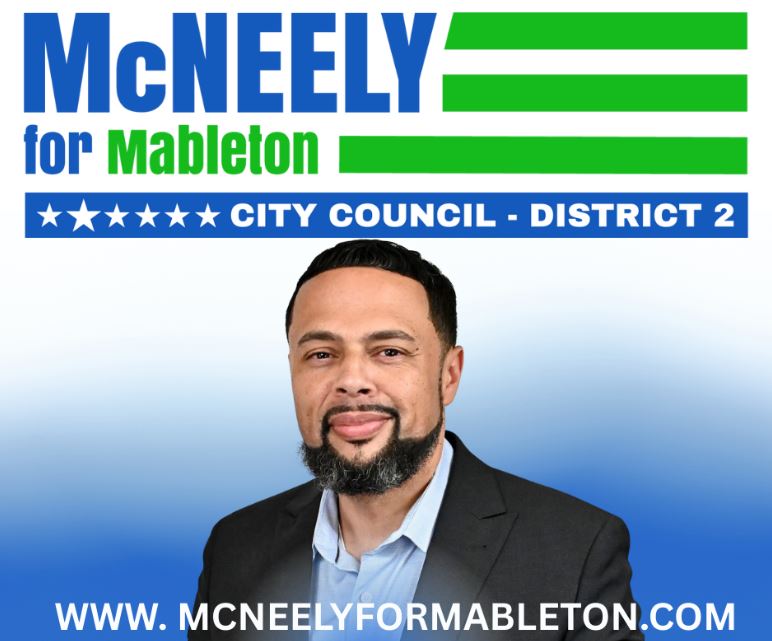Georgia NAACP Demands Emory Reverse Decision to Close DEI Offices
Share

The Georgia NAACP is urging Emory University to reverse its decision to shutter diversity, equity, and inclusion (DEI) offices and programs, warning that legal action may follow if the university does not comply.
Emory recently announced this move in response to federal mandates and pressure from the White House. A university spokesperson referred to an earlier statement from Interim President Justice Leah Ward Sears, which cited “federal laws and mandates” as the basis for closing DEI offices and programs.
Student Reaction
Students expressed concern about the impact on campus culture. “I was pretty disappointed because I know how important those programs are to fostering inclusivity around our campus,” said sophomore Anvita Guttikonda. Senior Maurice Mashiach added, “Seeing the school make all this progress over these last couple of years just to… cut it all back just like that is absolutely unfortunate and certainly unpopular.”
NAACP Response
Georgia NAACP President Gerald Griggs said the group is hearing concerns from students and alumni, with some questioning why they chose Emory. “You now have students on campus who are questioning why they came to this university,” Griggs said. The NAACP is seeking a meeting with Emory leadership regarding the decision.
Griggs noted that while President Donald Trump has signed executive orders labeling DEI programs as “discriminatory” and calling for their end, this does not legally require Emory to act. “There was a recommendation from the White House, which has subsequently been challenged and we believe is unconstitutional,” he said.

Griggs also raised concerns about scholarships tied to DEI initiatives. “What does it mean for the scholarship programs, namely the MLK scholarship? Which is the reason why many of the African-American students have the ability to go to Emory,” he said.
University Response
In her statement, Sears emphasized that the move would not undermine Emory’s commitment to equity. “Closing offices or reimagining lawful programs is not, after all, the same as ending our unwavering commitment to fairness, belonging, and opportunity for all, values that are part of Emory’s DNA,” she said.
Next Steps
Griggs said the NAACP is prepared to pursue protests or legal action if an agreement cannot be reached. “We’re ready to do whatever is necessary within the bounds of the law to make sure Emory understands that this is not going to happen on our watch,” he said. The NAACP has requested a meeting with university leadership by Sept. 30.




